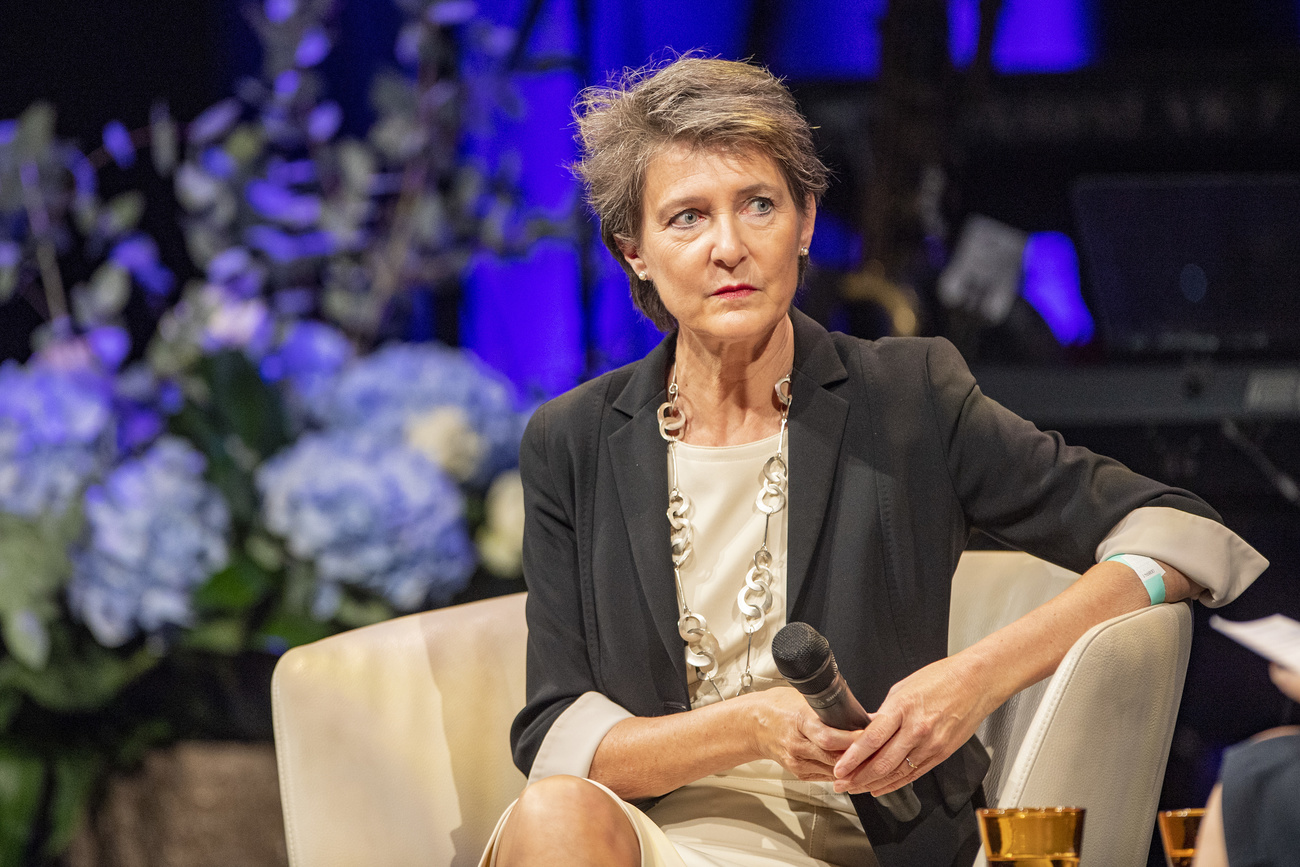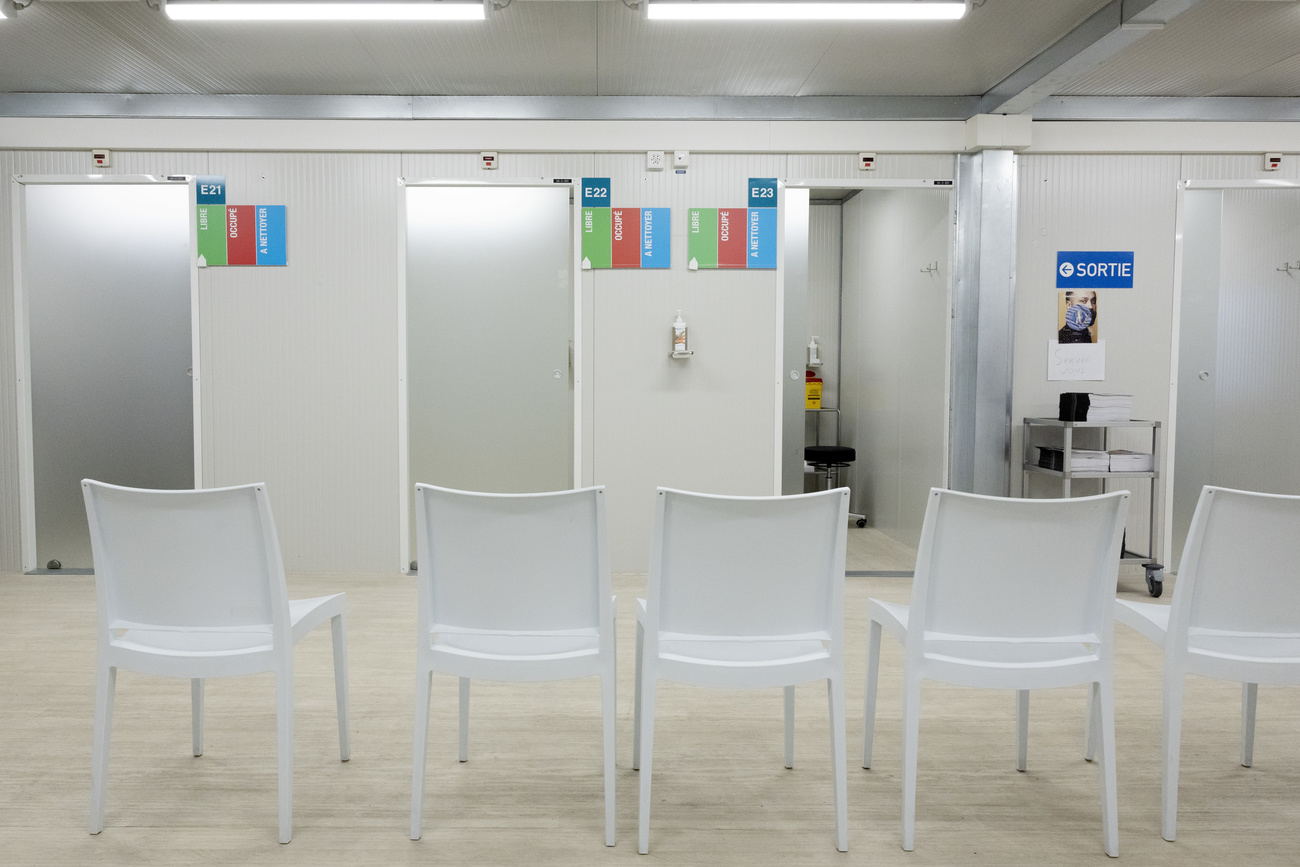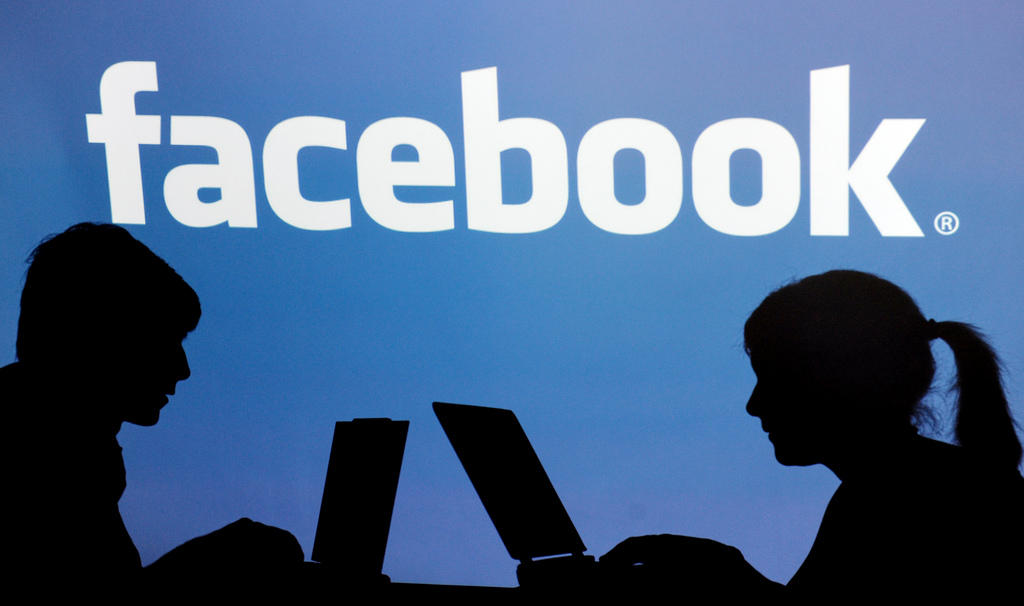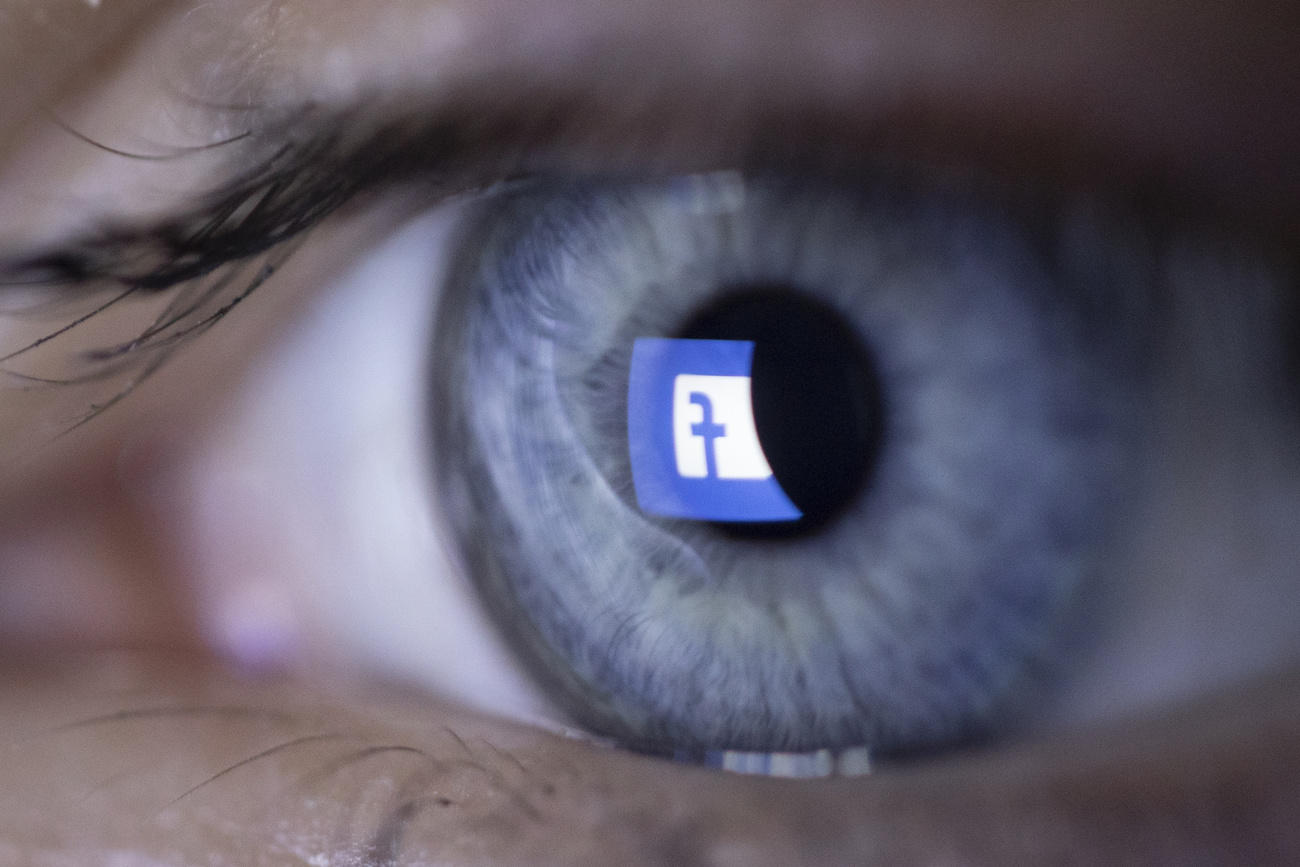
Threats against politicians explode on Facebook

Cabinet ministers and parliamentarians are increasingly exposed to threats on social media. However, these cases are just the tip of the iceberg, according to a newspaper report. Pressure for social media regulation is growing.
Statistics from the Federal Police (Fedpol) show that the number of insults and threats against politicians has increased massively in recent years, said the SonntagsZeitungExternal link.
While there were only five cases in 2019, they increased tenfold last year. This year federal councillors and parliamentarians reported 237 cases between January and April alone – that’s an estimated 700 for the year as a whole.
Fedpol spokesman Florian Näf stressed that the figures should be taken with caution because politicians may have become more aware of hate messages on Facebook, Instagram and Twitter and therefore made more reports.
Nevertheless, “the mass of hate messages towards politicians has clearly increased in recent years,” he said, adding that the tone had become more aggressive. “Social media allows hate to multiply.”
Näf said it was not only the Covid-19 pandemic that was to blame. “We already noticed the increase in hate messages on the internet before coronavirus,” he said.
The SonntagsZeitung highlighted the case of Federal Councillor Simonetta Sommaruga. In a Facebook group called “Eidgenossen” (Swiss confederates) a man had called for the-then justice minister, whose picture was at the top of the post, to be raped. He continued to post hate-filled comments against her and was eventually sentenced for “inciting crime and violence”. The posts had been online for at least a month.
The paper noted, however, that the cliché that right-wing politicians are only agitators and left-wingers merely victims (Sommaruga is a member of the left-wing Social Democratic Party) is not true: politicians from the right-wing Swiss People’s Party are slandered and attacked in exactly the same way, it said.
Pressure
The pressure is increasing on Facebook following testimony from a whistleblower last week (see box). But Switzerland continues to drag its feet.
On October 5 US lawmakers pounded Facebook, accusing CEO Mark Zuckerberg of pushing for higher profits while being cavalier about user safety, and they demanded regulators investigate whistleblower accusations that the social media company harms children’s mental health and stokes divisions.
Zuckerberg, hours later in a public Facebook post, defended the company, saying the accusations were at odds with Facebook’s goals.
“We make money from ads, and advertisers consistently tell us they don’t want their ads next to harmful or angry content. And I don’t know any tech company that sets out to build products that make people angry or depressed.”
During a Senate Commerce subcommittee hearing, whistleblower Frances Haugen called for transparency about how Facebook entices users to keep scrolling, creating ample opportunity for advertisers to reach them.
“As long as Facebook is operating in the shadows, hiding its research from public scrutiny, it is unaccountable,” said Haugen, a former product manager on Facebook’s civic misinformation team. She left the nearly $1 trillion company with tens of thousands of confidential documents.
“The company’s leadership knows how to make Facebook and Instagram safer, but won’t make the necessary changes because they have put their astronomical profits before people. Congressional action is needed,” Haugen said.
In an era when bipartisanship is rare in Washington, lawmakers from both parties excoriated the company, illustrating the rising anger in Congress with Facebook, which also owns Instagram and WhatsApp.
Senator Dan Sullivan, a Republican, said he was concerned how Facebook and subsidiaries like Instagram affected the mental health of children. “We’re going to look back 20 years from now and all of us are going to be like, ‘What the hell were we thinking?’”
Haugen also said Facebook had also done too little to prevent its platform from being used by people planning violence.
Facebook was used by people planning mass killings in Myanmar and the January 6 assault on the US Capitol by supporters of then-President Donald Trump who were determined to toss out the 2020 election results.
(Reuters)
In 2017 the government concluded in a report that “no further legal regulation is currently necessary”.
In the meantime, however, Sommaruga’s communications ministry has realised that social media have become a central source of information for many citizens. “It’s therefore important to examine the effects of communication platforms on the public in greater depth,” a spokesperson told the SonntagsZeitung.
Despite calls for social media regulations, the government said it wants to wait for a new report on social media, which is due at the end of the year.

More
Is Facebook a danger to democracy?

In compliance with the JTI standards
More: SWI swissinfo.ch certified by the Journalism Trust Initiative







































You can find an overview of ongoing debates with our journalists here . Please join us!
If you want to start a conversation about a topic raised in this article or want to report factual errors, email us at english@swissinfo.ch.